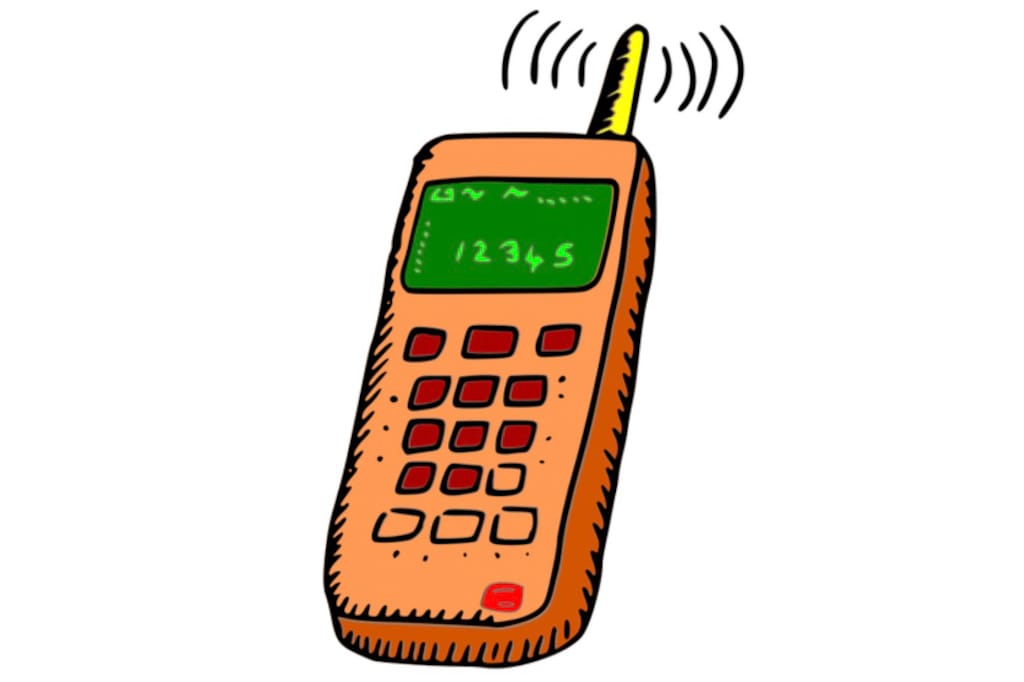FCC Cracks Down on Straight-to-Voicemail Robocalls
The commission’s ruling follows a notice of inquiry the agency approved last month.
David B. McGarry

WASHINGTON, November 21, 2022 – The Federal Communications Commission on Monday took another step to combat telephone spammers by ruling that straight-to-voicemail robocalls are “call(s)” under the 1991 Telephone Consumer Protection Act and will be subject to the law’s consumer protections.
According to the TCPA, before any call using an automatic dialing system or artificial or prerecorded voice is made to a wireless number, the recipient must provide affirmative consent. In 2017, All About the Message – the owner of a proprietary ringless, straight-to-voicemail calling software – petitioned the FCC to allow its software to operate outside of TCPA’s constraints. After the FCC received more than 8,000 comments and replies on the matter, nearly all opposing the petition, All About the Message sought to withdraw its request.
The FCC pushed forward, nonetheless. “Because the Petition drew substantial attention from commenters and members of Congress, and the applicability of the TCPA to ringless voicemail technology has been the subject of considerable recent litigation,” Monday’s ruling read, “We believe this declaratory ruling is necessary to resolve a controversy and remove uncertainty about ringless voicemail.”
“Imagine finding robocallers leaving junk voicemails on your phone without it ever having rung.” said FCC Chairwoman Jessica Rosenworcel. “It’s annoying and it’s happening to too many of us. Today we’re taking action to ensure these deceptive practices don’t find a way around our robocall rules and into consumers’ inboxes.”
The FCC’s ruling follows an anti-robocall notice of inquiry the agency approved last month. The commission is exploring how best to crack down on illegal robocalls occurring over non–internet protocol networks, which are technologically incompatible with the prevailing STIR/SHAKEN protocol.









Member discussion